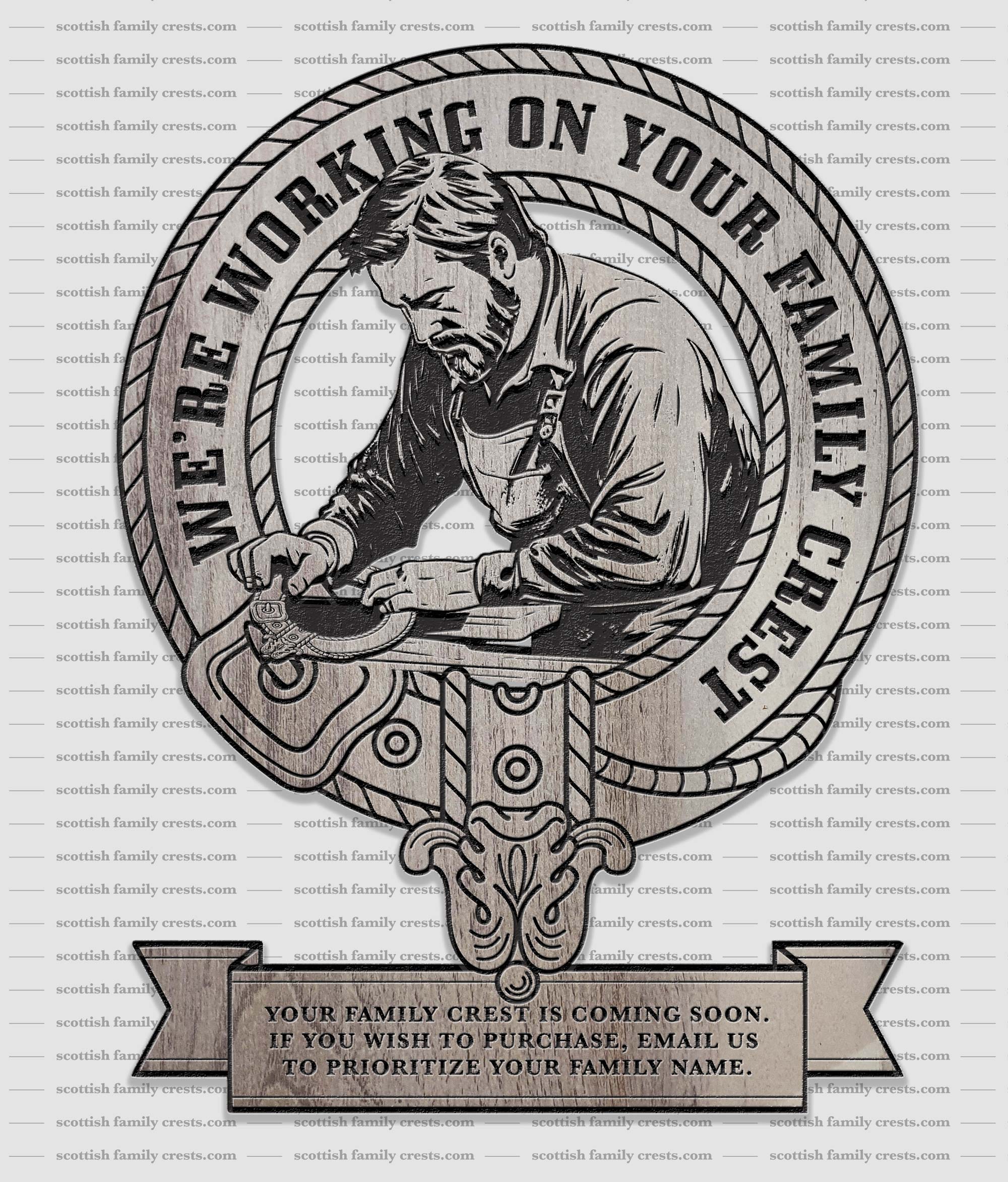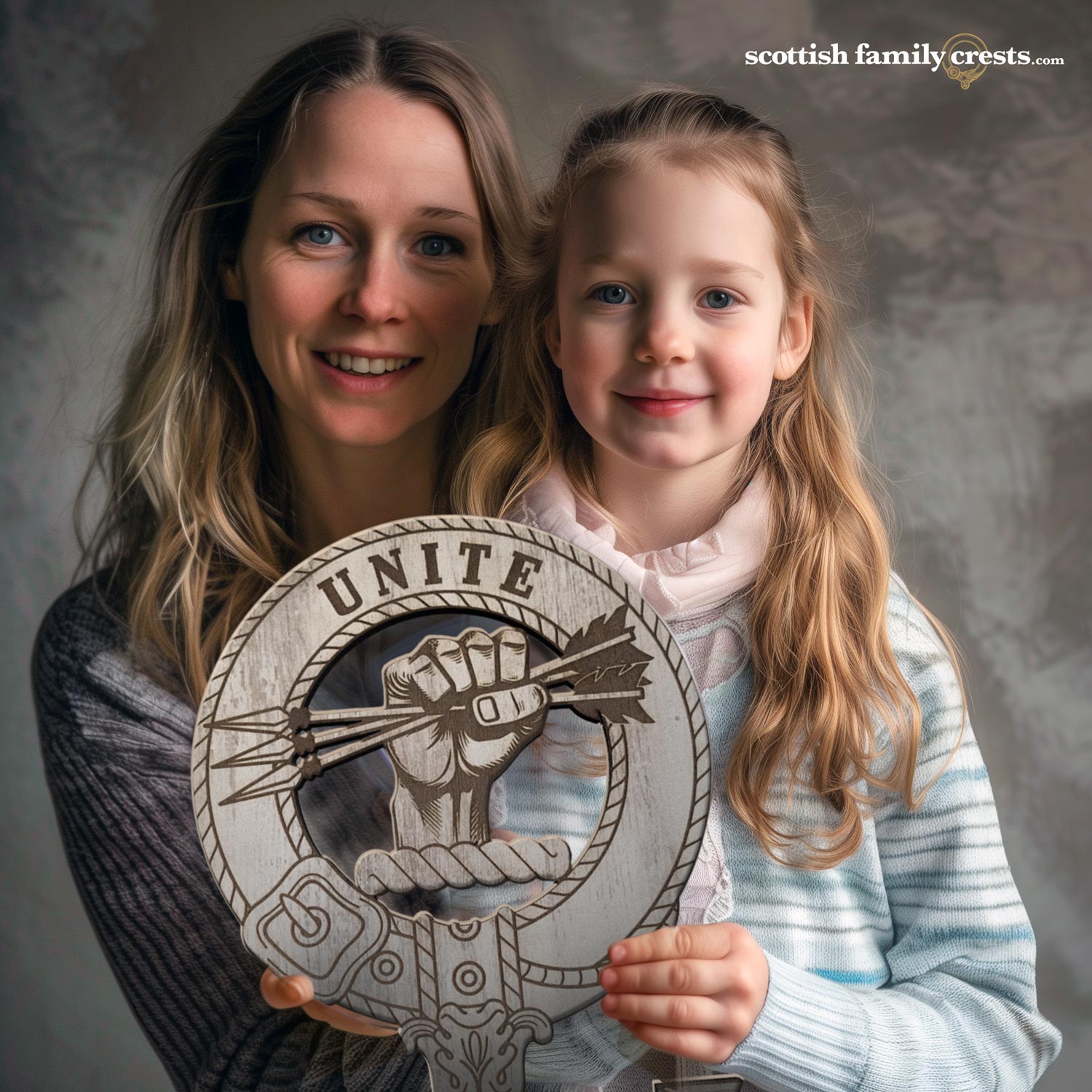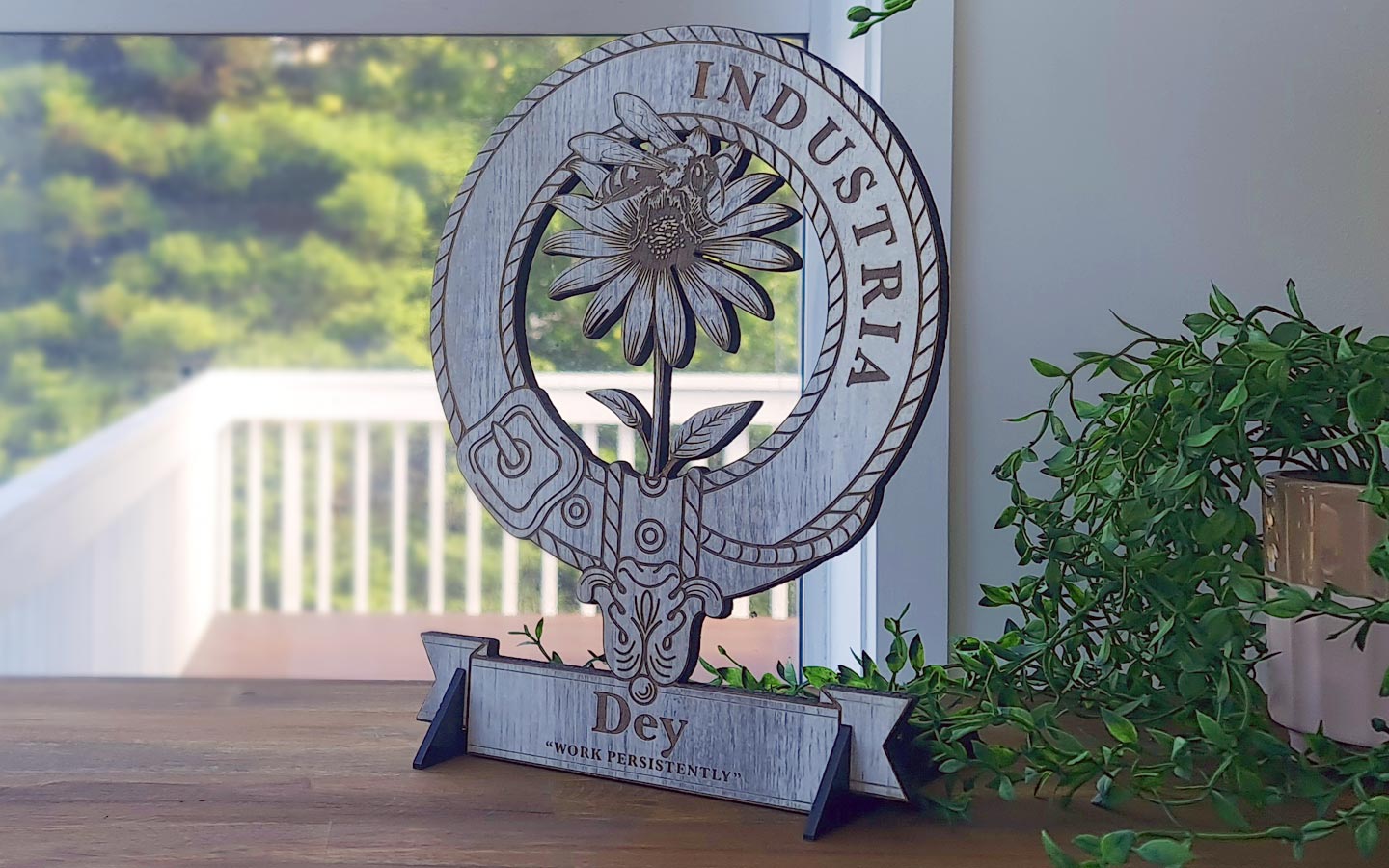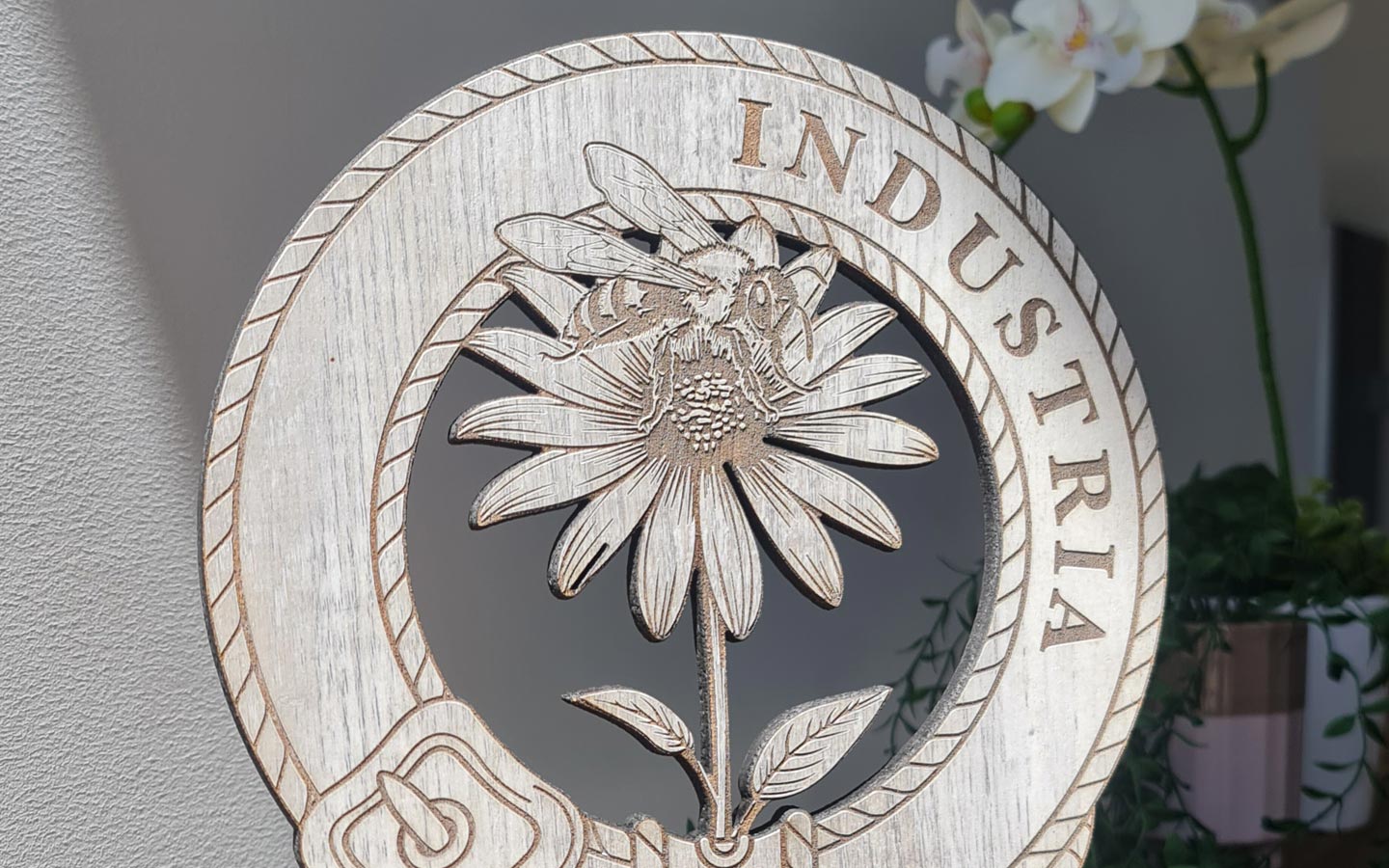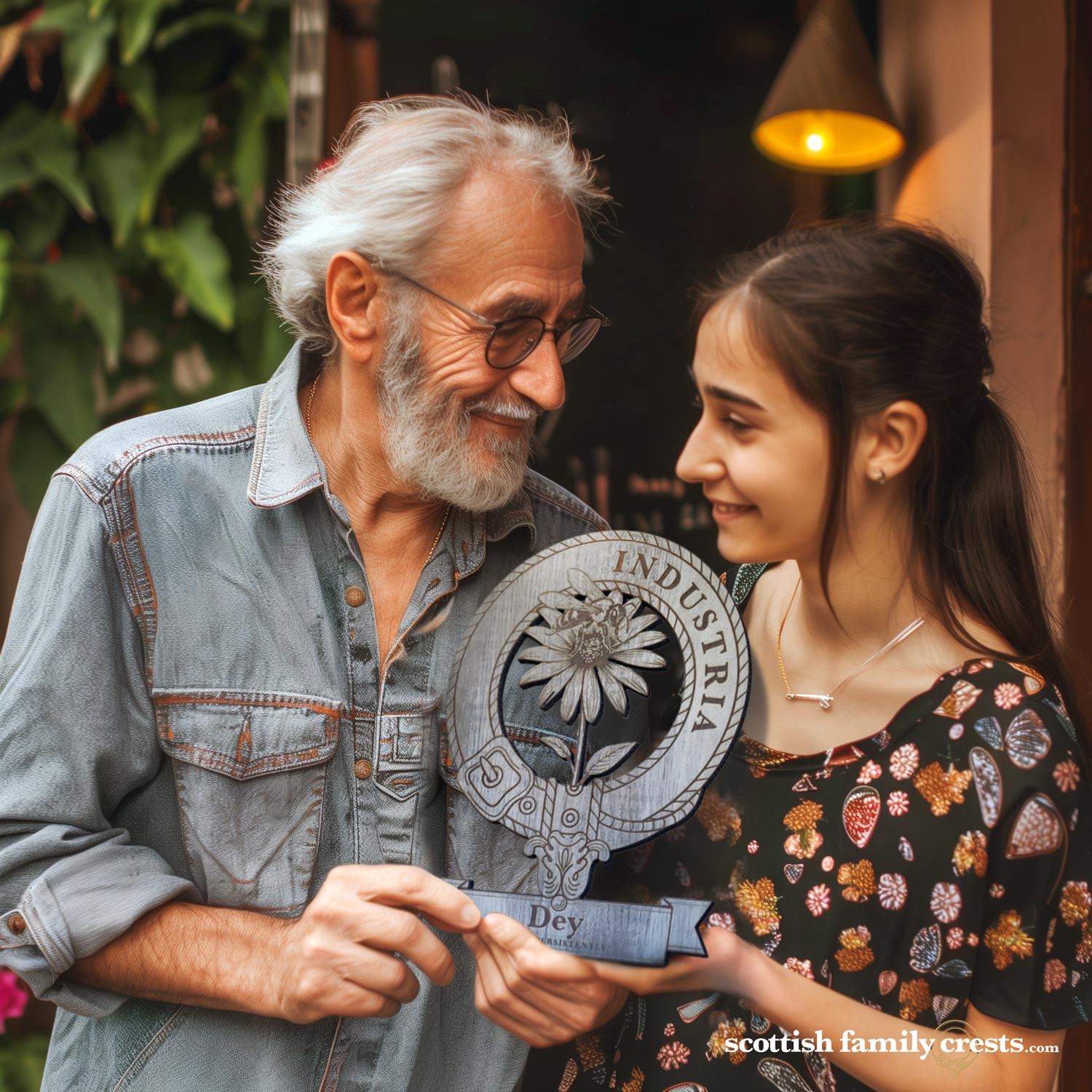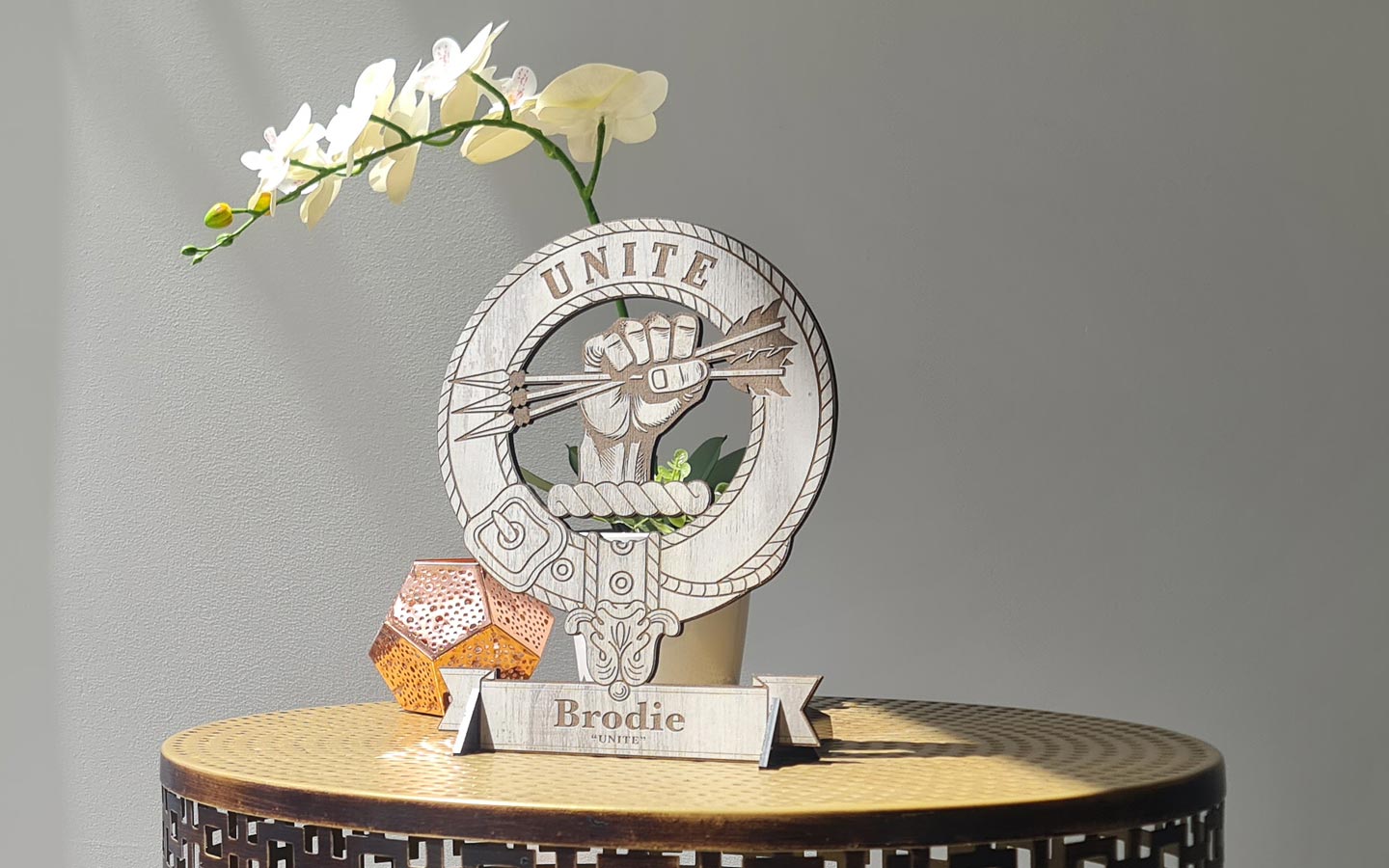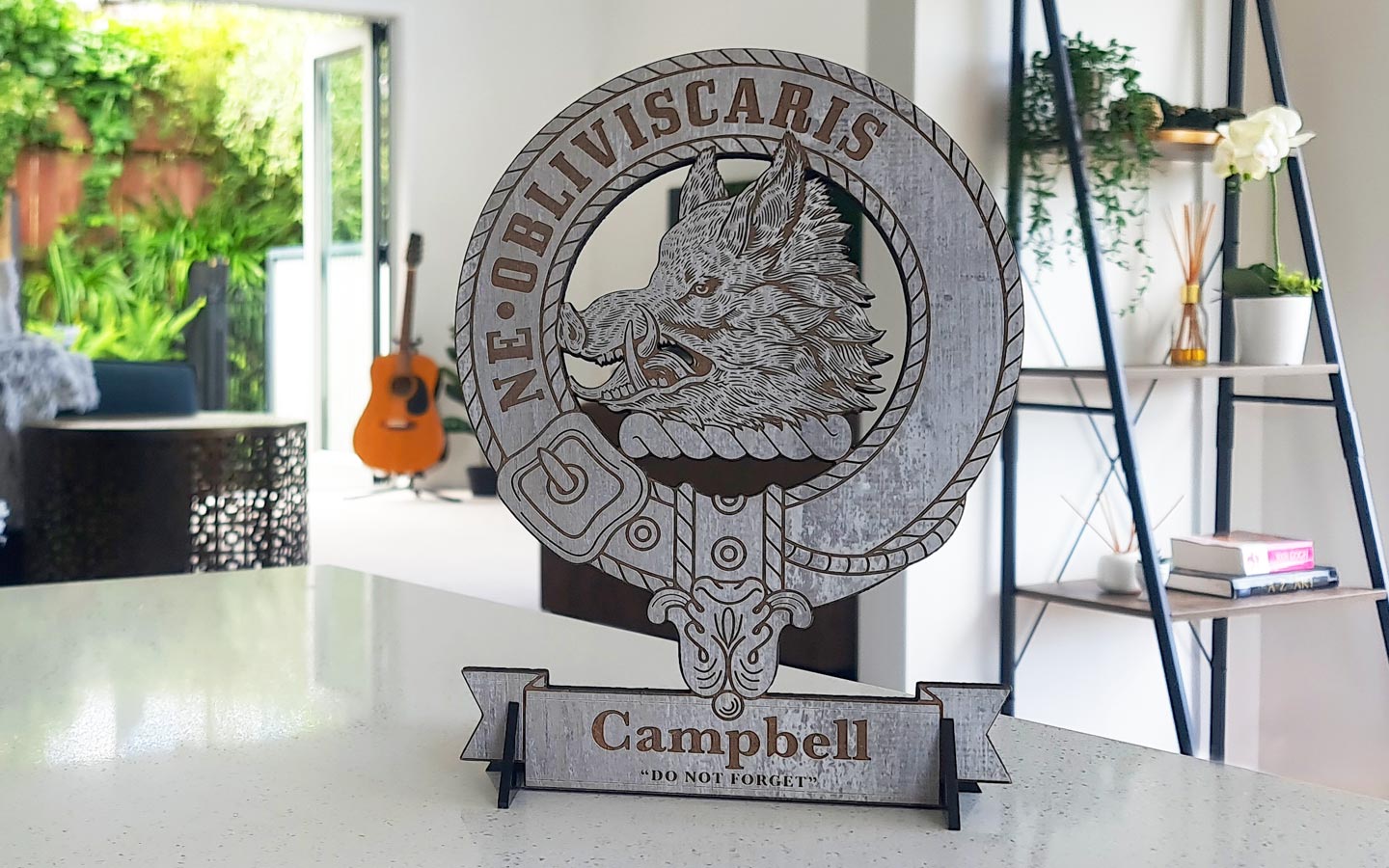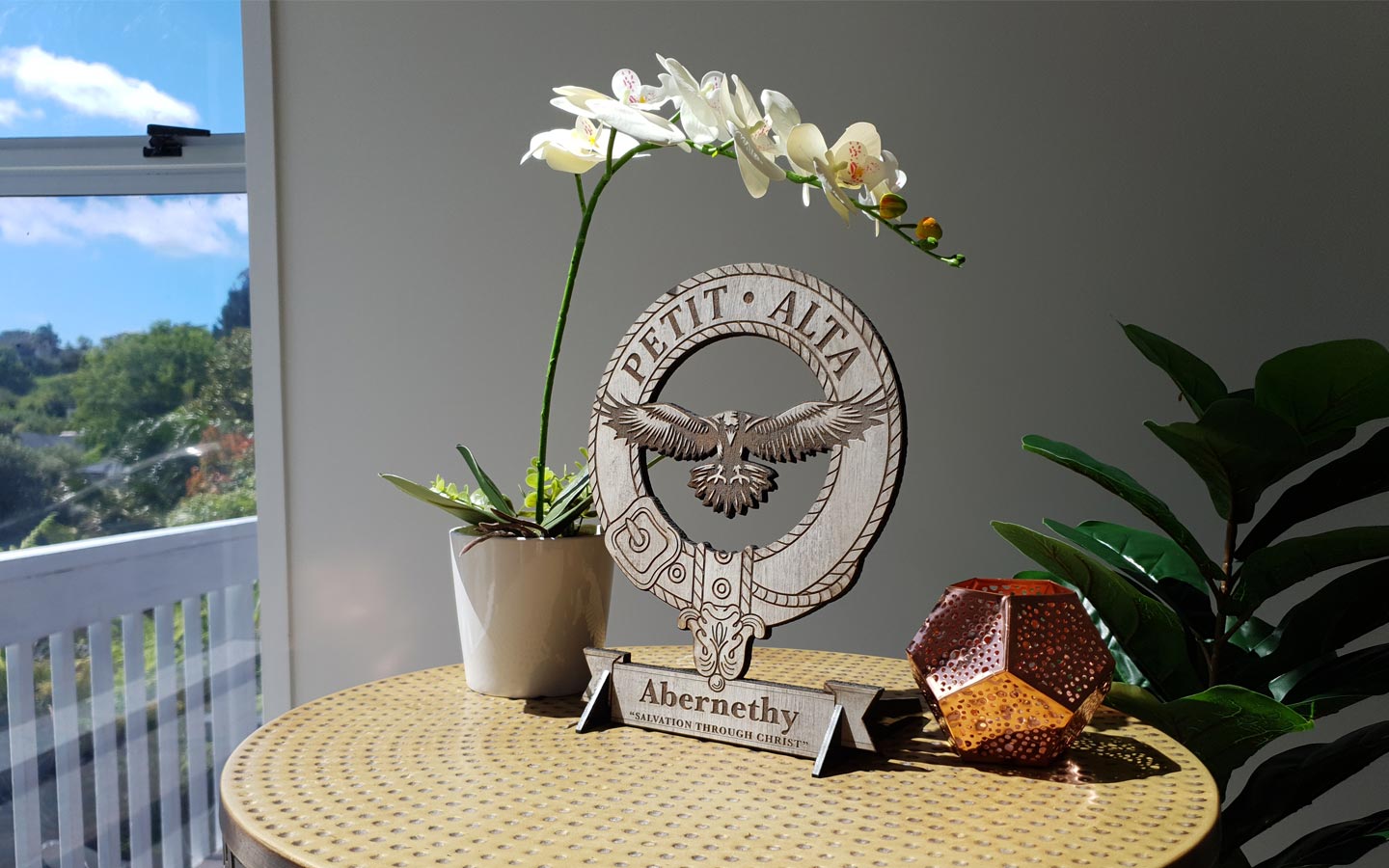Irvine Family History & Ancestry
Let me share with you the remarkable history of your family, the Irvines. The surname Irvine is derived from the place name of Irvine in Ayrshire, which means ‘Green River’ in the Brythonic language. The earliest recorded mention of this surname is Robertus de Irvine, who was active between 1227 and 1255. While we have limited information about his life and origins, we do know that he owned the barony of Irvine, which eventually became a town. The association of the surname with this property solidified over time, and most Irvines can trace their lineage back to this man or his predecessors. It is important to note that Irvine should not be confused with Irving or the separate surnames of Irwin or Erwin, which have different origins and meanings.
Your family, the Irvines, rose to prominence during the Wars of Independence and their close ties to Robert the Bruce. William de Irwyn, a clerk in the royal chancellery, became a protege of Bernard, Abbot of Arbroath, and Chancellor of Scotland. He earned the King’s trust and was appointed as the King’s representative in the royal forest of Drum. He also received the Barony of Drum. The tower, which likely served as a royal hunting lodge, eventually grew into the magnificent Drum Castle. This castle remained in the continuous occupation of the Irvine family until the passing of the twenty-fourth Laird in 1976, when it was presented to the National Trust for Scotland for the benefit of the nation. It stands today as one of Scotland’s most beautiful castles.
Alexander, the 3rd Laird of Drum and the first of twelve Irvines named Alexander, was a renowned knight known for his exceptional valor. He fought alongside the Earl of Mar in the French wars and later participated in the Battle of Harlaw in 1411, which took place a mere twenty miles from Drum. Alexander, the 10th Laird, was a loyal supporter of Charles I and held the position of sheriff of Aberdeen. Although he was offered an earldom, the king’s execution prevented the grant from being confirmed. The 11th Laird, upon discovering that the new king was unwilling to offer reparations for the destruction of the Drum estates during the conflict, declined an offer of peerage. Nevertheless, the Irvines remained steadfast in their support of the Stuart cause. The seventeenth Laird, another Alexander, narrowly escaped capture following the defeat at Culloden by hiding in a secret room.
The surname Irvine has territorial origins, associated with both Irving in Dumfriesshire and Irvine in Ayrshire. Robert de Hirewine witnessed a Charter in 1226, and another Charter in 1260 was witnessed by Robert de Iruwyn. According to family tradition, there is an ancestral connection through Crinan the Thane, Abbot of Dunkeld, to Duncan, the Scottish king who was allegedly murdered by Macbeth.
As early as 1018, the Irvines had settled, through marriage, on lands between the River Esk and the River Kirtle in Dumfriesshire, near Lockerbie, where they constructed the Tower of Bonshaw. Their close association with the Bruce family at Lochmaben led to their grant of the Forest of Drum in Aberdeenshire by Robert I. Alexander, the 3rd Laird of Drum, fought bravely at the Battle of Harlaw in 1411 and engaged in single combat with Hector Maclean of Duart, resulting in their mutual demise.
The 4th Laird was knighted for his role in negotiating the release of James I from captivity in England, while the 7th Laird fell at the Battle of Pinkie in 1547. The 10th Laird, a supporter of Charles I, served as Sheriff of Aberdeen. Over the years, Drum Castle faced continuous attacks and plundering due to its association with the Royalists. The 14th Laird fought for the Jacobite cause at the Battle of Sheriffmuir in 1715, and upon his death, the Drum Estate passed to a kinsman, although his successors remained loyal to the exiled Stuarts. In 1975, Henry Quentin Forbes Irvine, the 24th and final Laird of Drum, bequeathed Drum Castle and 300 acres of land to the National Trust for Scotland.
Your family, the Irvines, have produced notable individuals who have made their mark in various fields. David Irving, born in Langholm, Dumfriesshire, wrote The Life of George Buchanan, while Edward Irving, born in Annan, became the Minister of the Caledonian Church in London.
The history of your family, the Irvines, is filled with tales of bravery, loyalty, and significant contributions throughout the centuries. It is a legacy that you can be proud of, reflecting the resilience and remarkable achievements of your ancestors.
The Family Crest
Wherever in the world you live, embrace your family heritage and adorn your home with a timeless symbol of your family legacy with our crafted Family Crests.
Family Crest Motto: SUB SOLE SUB UMBRA VIRENS (flourishing both in sunshine and in shade)
$150.00 Original price was: $150.00.$99.00Current price is: $99.00.
Copyright Notice: This artwork is protected by copyright law. Unauthorized reproduction, distribution, or usage of this artwork without explicit permission from ScottishFamilyCrest.com is strictly prohibited.

